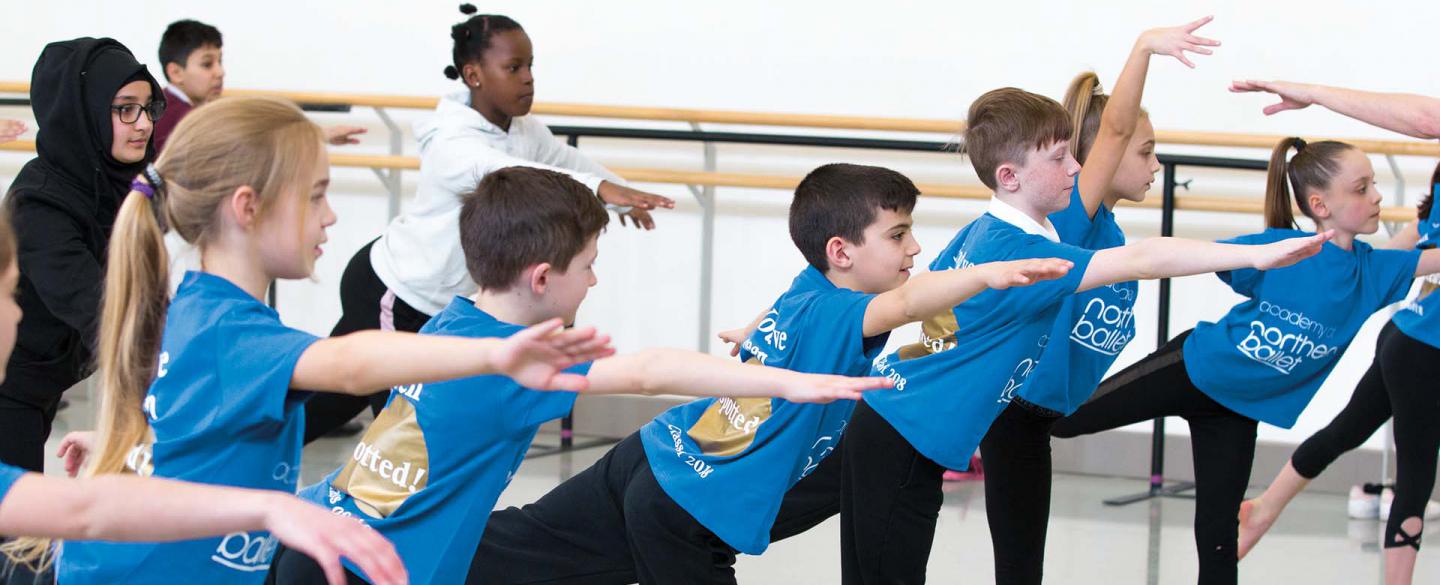

Northern Ballet is committed to providing a caring, friendly and safe environment for all our participants so they can enjoy observing, dancing and learning in a relaxed and secure atmosphere free from oppression, fear and abuse. We do not tolerate bullying in any form and in order to safeguard participants and staff against incidents of bullying Northern Ballet will:
“Bullying behaviour abuses an imbalance of power to repeatedly and intentionally cause emotional or physical harm to another person or group of people. Isolated instances of hurtful behaviour, teasing or arguments between individuals would not be seen as bullying”
Torfaen County Borough definition, 2008
Bullying generally takes one of four forms:
Although not an exhaustive list, common examples of bullying include:
Bullying is an anti-social behaviour and affects everyone involved. All participants, staff and guardians are encouraged to inform Northern Ballet should they feel victim of or witness to bullying behaviour. On disclosure of any information the Company will act promptly and efficiently to ensure effective action will be taken.
The Company will always support victims of bullying. Where possible and appropriate we will also support bullies to change their ways. However, the safety of all participants remains of paramount importance.
It is likely that most incidents of bullying can and will be dealt with using the Company’s Codes of Conduct for both staff and participants. Guardians retain the right to involve the police should they wish to do so; whilst bullying is not in itself a specific criminal offence in the UK, some types of harassing or threatening behaviour are.
The Children Act 2004 states that bullying should be treated as a child protection concern when there is ‘reasonable cause to suspect that a child is suffering, or is likely to suffer, significant harm.’ In such an instance Northern Ballet will, if appropriate, involve Leeds Children’s Safeguarding Partnership.
The Equalities Act 2010 also gives specific protection to people who are victimised because of specific characteristics – it covers age, disability, gender reassignment, pregnancy and maternity, race, religion or belief, sex and sexual orientation. The Company is committed to protecting all members from harassment or bullying in line with this legislation.
The following steps may be taken by the Company when dealing with incidents:
Participants who have been bullied will be supported by:
Participants who have bullied will be supported by:
Many children do not speak out when being bullied and may indicate by signs or behaviour that they are being bullied. Adults should be aware of these possible signs and should investigate if a child:
These signs and behaviours could indicate other problems, but bullying should be considered a possibility and should always be investigated.